
Report
Financial Stability in the broader Mandate for Central Banks
A Political Economy Perspective
Brookings Institution,
2015
подробнее...
Hutchins Center on Fiscal & Monetary Policy at Brookings © 2015
Read or listen offline
автоматическое преобразование текста в аудио
1×
автоматическое преобразование текста в аудио
Recommendation
When greed looks for ways to evade sensible regulation and economic efficiency in search of profits, it can lead to big problems. Economist Viral Acharya acknowledges that regulating the financial sector can be a race among the rule makers, the politicians with vested interests, and the moneymen looking for loopholes. Yet Acharya’s proposals for enabling prudent central banking within a political context, though not new, make good economic sense. getAbstract recommends his timely report on how to design realistic regulation to policy makers and central bankers.
Take-Aways
About the Author
Viral Acharya is an economics professor at New York University’s Stern School of Business.








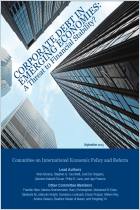
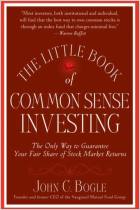
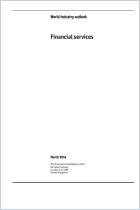
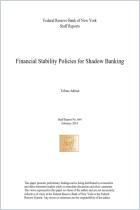

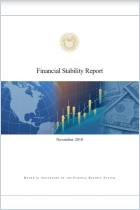
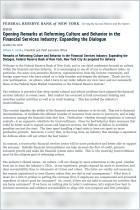


Comment on this summary or Начать обсуждение